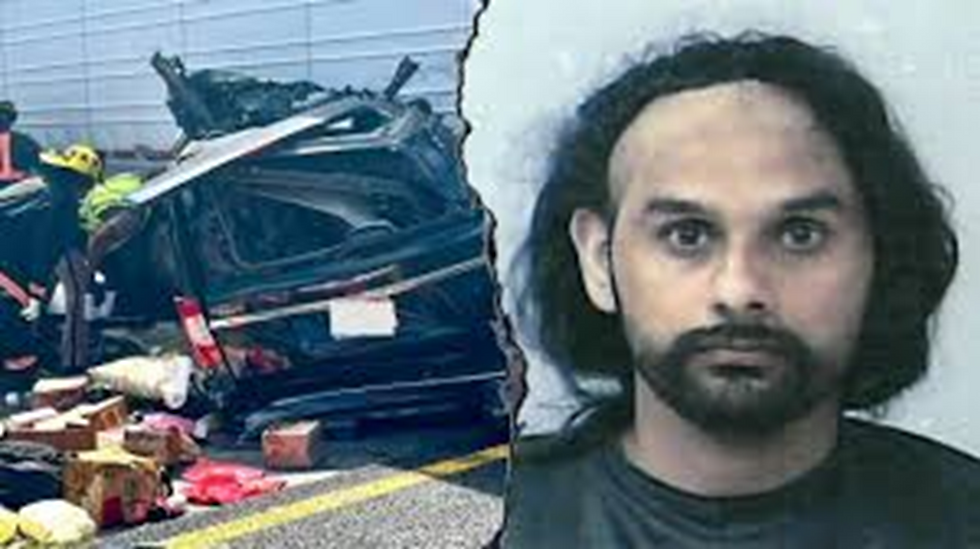HANDS OFF THE PRESIDENT. SELECTIVE SILENCE IS INTRIGUING
- Outrageously Yours

- Apr 20, 2025
- 3 min read
Mr Supreme Court – India would have applauded if the esteemed court had used Clause 142 to clear the 5 crore cases pending in Indian courts.
It would have been humble on the part of Supreme Court, had it sought the President’s advice as the guardian of the Constitution — instead, it chose to fire a salvo, presumably viewing her as a mere titular head. That’s a selective interpretation of what the Constitution does not explicitly state, and it undermines the authority of its highest custodian.
INTRODUCTION
When the Supreme Court of India decided to impose a time limit on the President to act on a matter, it crossed more than just a procedural line — it stepped on constitutional decorum. The President of India is not an officer of the court. She is the highest constitutional authority, the custodian of conscience, dignity, and sovereignty of the Indian Republic.
That Vice President Shri Jagdeep Dhankar chose to speak on her behalf was not an act of political posturing — it was an act of constitutional shielding. It would be beneath the stature of the President to descend into a courtroom debate. As the deputy to the Head of State, Shri Dhankar rightly reminded the judiciary that respect for institutions must be mutual.
This is not about delay. This is about dignity. About boundaries. About a judiciary that seems increasingly comfortable entering every domain — except its own backyard.
CLAUSE 142 — SELECTIVE SWORD OF JUSTICE?
Let’s talk about Article 142 — the all-powerful clause that lets the Supreme Court do “complete justice.” Sounds noble, doesn’t it?
But here’s the question: Why is the application of Article 142 so selective? Why does it roar when it wants to bypass Parliament, and whisper when it's about judicial accountability?
We saw crores of rupees recovered from the premises of a sitting judge. The nation watched. Disgusted. And yet, the court took the diplomatic path of quiet retirement over confrontation. Why? Where was Article 142 then?
If the court believes it can set time limits on the President — considering her titular sovereign head — surely it can also take a hard stand on corruption within its own chambers. But it didn’t.
That silence was louder than any verdict.
THE JUDICIARY MUST NOT BE THE FINAL WORD ON EVERYTHING
We are not questioning the role of the judiciary. We are questioning the scope it’s arrogating to itself. There must be an equilibrium between the three pillars — not an assumption that one is always right, and the others are always erring.
Time limits are for bureaucrats, courts, and procedural machinery — not for the ceremonial conscience of the nation. Imposing a timeline on the President is a step toward judicial supremacy, not constitutional balance.
CONCLUDING THOUGHTS
In any functioning democracy, the courts are guardians — not gods. They cannot be beyond question, above accountability, or immune to critique.
When crores of cash are found in a judge’s home, the court goes soft.When a file is delayed at Rashtrapati Bhavan, it goes militant.
T
hat’s not justice. That’s selective audacity.
Shri Dhankar stood up — not just for the President, but for propriety, dignity, and constitutional restraint. And in doing so, he reminded us:
Power must have patience. And justice must have humility.
![Opacity_pattern_jag-01-01-01[1]_edited.png](https://static.wixstatic.com/media/0e5d33_af7a03f9b1ff46a2a038a414e0287c0a~mv2.png/v1/fill/w_434,h_442,al_c,q_85,enc_avif,quality_auto/Opacity_pattern_jag-01-01-01%5B1%5D_edited.png)



